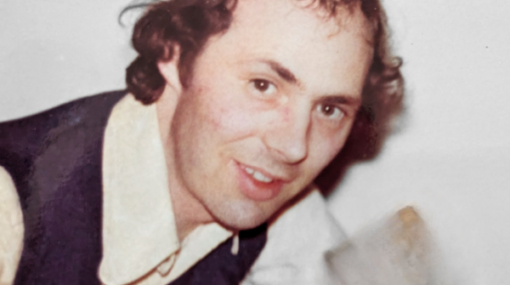Featured articles
Comment
Featured articles
Major breakthrough for thousands in military hearing loss claims
08/07/2024

Featured articles
Firm News
Hugh James announces record number of promotions and introduction of new Legal Director role
02/05/2024


Firm News
See all articles



Firm News
Good luck to staff taking part in Long Course Weekend Wales Powered by Hugh James
21/06/2024

Comment
See all articles




Webinars
See all articles




Podcasts
See all articlesPodcasts
Sexual abuse podcasts
Breaking The Silence on Sexual Assault on Older Woman: An Eastenders Storyline
19/04/2024
Case Study
See all articlesCase Study
Nursing care case studies
Daughter wins appeal for dementia patient, secures £10,000 reimbursement for care home fees
17/06/2024

Case Study
Military case studies
Soldier awarded £750k for Cold Injury that ended Military career: Mr. R’s Story.
10/06/2024

Case Study
Military case studies
Soldier’s career progression hampered by Non-Freezing Cold Injuries suffered during training
09/04/2024
Amputation case studies
Case Study
Serious injury case studies
Teenage lower leg amputee becomes youngest in UK to have specialist osseointegration surgery
22/02/2024
Witness Appeals
See all articlesWitness Appeals
Witness Appeal: Did you work for Bailey Meters & Controls Limited in Croydon between 1957 and 1964?
22/05/2024



Witness Appeals
Remembering Nellie Kershaw: 100 years since the first documented asbestos-related death
14/03/2024

Charities, Community, & CSR
See all articles
Charities, Community, & CSR
A memorable day in Horatio’s Garden: Treasure hunt and afternoon tea
26/06/2024

Charities, Community, & CSR
Hugh James continues to support Horatio’s Garden Wales | Nurturing the wellbeing of people after spinal injury
21/05/2024

Charities, Community, & CSR
Brake’s “Beep Beep! Day” for road safety – saving little lives
24/04/2024


Charities, Community, & CSR
The Asbestos team tackles Fitness for February in support of our partner charity Mesothelioma UK
24/02/2024


